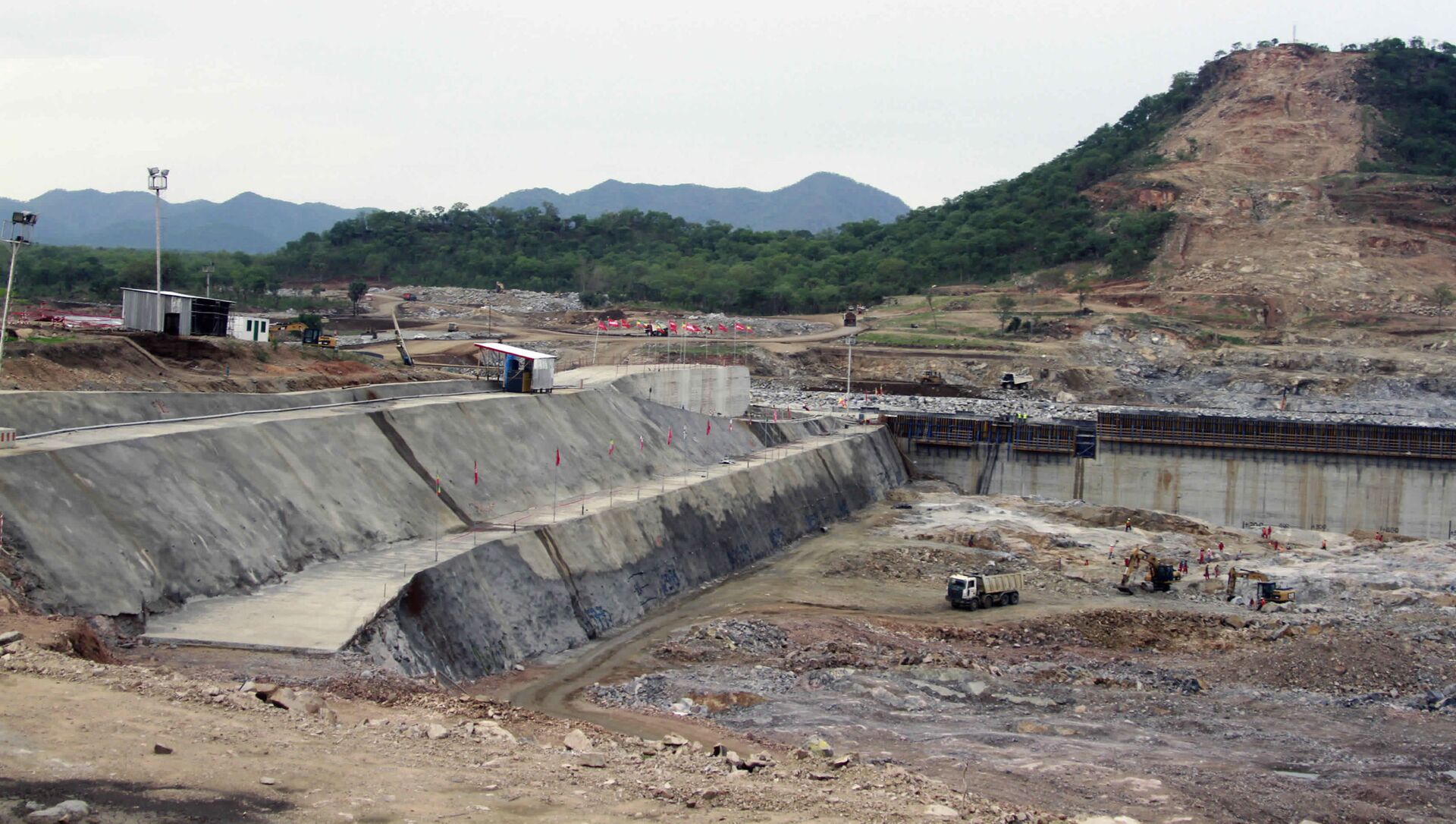The GERD is a large-scale initiative that has been underway on the Blue Nile River in Ethiopia since 2011 and is expected to become the largest dam in Africa when completed. The project has raised concerns over water security from Egypt and Sudan, with talks between the three countries having reached a deadlock. Ethiopia plans to proceed with the second stage of filling the reservoir during this summer's rainy season in July. Sudan has warned that the initiative would damage the country’s electricity production.
"Several teams of the Sudanese legal experts, with the help of international law firms, are preparing lawsuits against the Italian company undertaking the project and the Ethiopian government to obtain compensation for the damage that will be caused to Sudan," Abbas said in an interview with Sudan TV.
The minister added that several scenarios had been developed for the implementation of the second stage "without reaching a legally binding agreement [on filling and operating the dam between Egypt, Sudan, and Ethiopia]."
The legal action would focus on risks posed by the initiative, including the lack of assessment of the impact of dam construction on the environment and social activity in the region.
Khartoum is opting to appeal to the International Court of Justice, human rights courts, and the Common Market for Eastern and Southern Africa (COMESA) organization about the matter.
Abbas also said that Ethiopia had declined a recent initiative advanced by Sudanese Prime Minister Abdalla Hamdok to hold a trilateral summit on the disputed dam project. Earlier, the Ethiopian Foreign Ministry said the negotiations could resume around the third week of April.
Earlier in April, the Egyptian Foreign Ministry said that no progress had been made during the latest round of talks on the dam, held in Kinshasa, the capital of the Democratic Republic of the Congo. This round was the first under DR Congo's presidency of the African Union and a new US administration.


